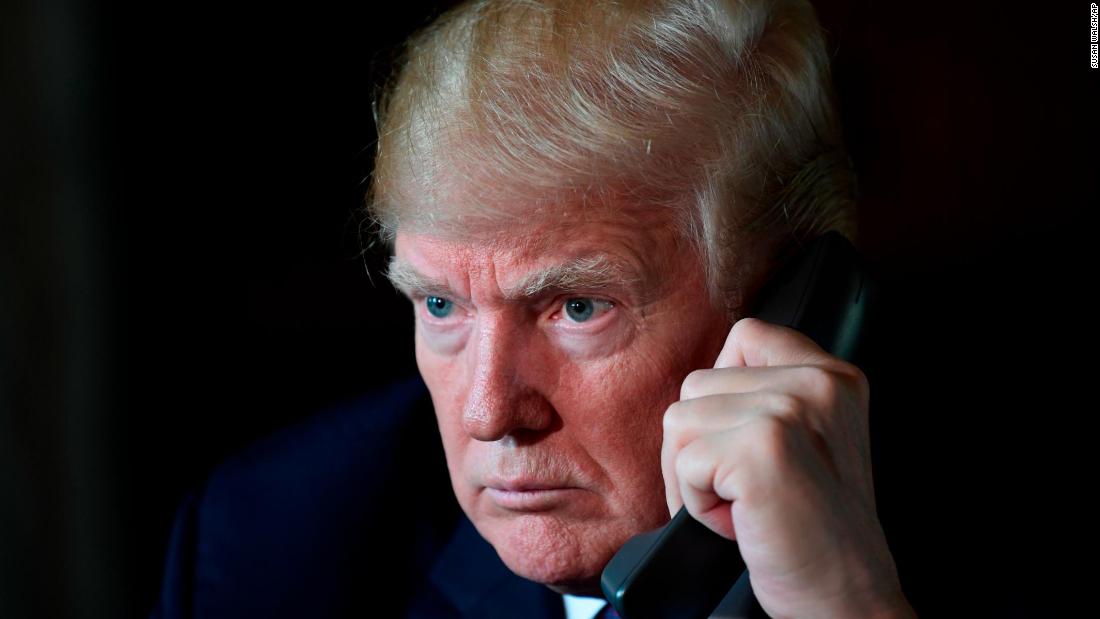[ad_1]
The questions seem unending. Did Trump attempt to obstruct justice during the Russia investigation? What is the rationale behind the President’s Saudi Arabia response in the aftermath of Jamal Khashoggi’s brutal murder? Have there been conflicts of interest between Trump’s business empire and his political decisions? Are cabinet officials violating ethics rules and using their positions for their own benefit? Is the appointment of Matthew Whitaker to be acting attorney general legal?
And these are just the tip of the iceberg. As Greg Sargent argues in his new book, “An Uncivil War,” Trump has stretched and strained the institutions of democracy in dangerous — and perhaps previously unthinkable — ways.
The problem for Democrats is that the GOP has given investigation a bad name since the 1994 Republican Revolution. Congressional oversight has become a tool to score partisan political points and a mechanism to destroy the reputations, as well as legitimacy, of key political actors.
As a result, many pundits are now warning House Democrats not to dive too deep into investigations, lest they trigger a political backlash after the party’s success in the midterm elections. They remember former House Speaker Newt Gingrich’s drive to impeach President Bill Clinton, after Republicans were already consumed with investigations into other scandals, such as Whitewater, which backfired and devastated public support for the GOP rather than Clinton.
Just because congressional investigations may have been misused, however, doesn’t mean that they can’t be done well and that they are not a vital function of Congress.
History is filled with congressional investigations that were vital to the health of our democracy. Senate hearings into the Teapot Dome scandal in 1923 exposed corruption that had taken place under President Warren Harding. The Army-McCarthy hearings in 1954 became a platform through which opponents of the red-baiting Sen. Joseph McCarthy finally started to bring him down by revealing to the public the dangers of his methods. And, in 1966, Sen. William Fulbright conducted hearings that offered middle-class Americans a first look into the massive problems with the US military operations during the Vietnam War.
Beginning in 1973, the Watergate hearings, chaired by Sen. Sam Ervin of North Carolina, became a vital forum through which the public discovered the high level of corruption and abuse of power that had taken place in President Richard Nixon’s White House. The House Judiciary Committee hearings into Watergate that followed were also an important moment when bipartisan agreement started to emerge over the need for the President to go.
Many voters took a stand earlier in November and registered their strong disapproval — via midterm elections — for the President of the United States. Now the nation turns its lonely eyes to a divided government, in hopes it will reassert control on a presidency run amok. While it was not a unanimous vote, with the Senate and House now under two different parties, one thing is clear: The vote was a strong democratic cry to check-and-balance Donald Trump.
House Democrats have an obligation to use their authority to dig deeper into what has been happening on Pennsylvania Avenue. But Congress can also walk and chew gum at the same time. There is no reason that investigations need to preclude moving forward on legislation and policy debate. All of the moments of great investigations have also been moments of serious legislating. Indeed, this is one of the reasons that we have a large body of legislators.
Now is not the time for Congress to walk away from the oversight function that keeps our democracy intact.
[ad_2]
Source link



